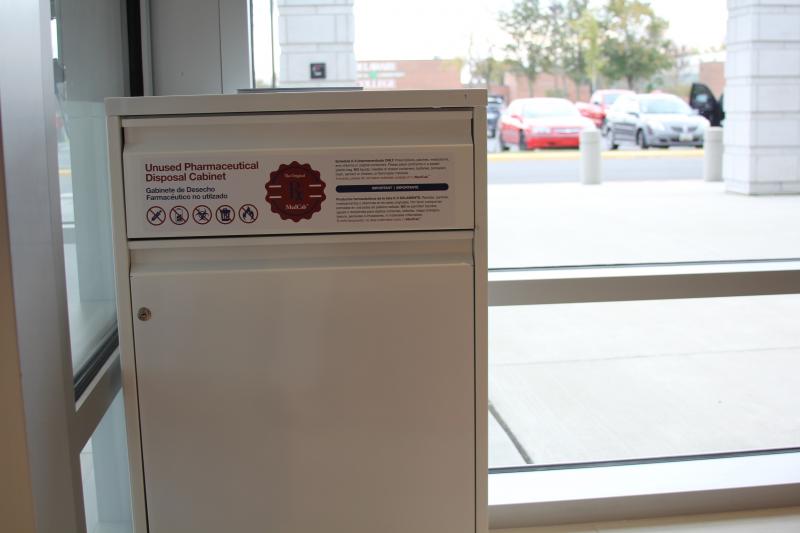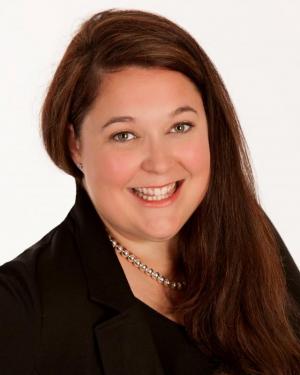A new program at Sun Behavioral Health in Georgetown will soon offer naloxone kits to residents who request them, no questions asked.
The kit contains two doses of a nasal spray that would revive someone overdosing, helping them breathe again, but not enough to completely wake them up so they are cognizant of what is happening, said Lisa Deal, director of pharmacy. Because naloxone ends the opioid-induced high, some people become angry after receiving it.
“The goal is to get the patient breathing again,” said Deal. “We don't want them to become nasty and angry.”
Deal said naloxone is not the kind of drug that can be abused. The main ingredient helps depress cravings, not increase them. Using an eating analogy, she said, someone who loves to eat chocolate cake would no longer want to eat chocolate cake after ingesting the ingredient in naloxone or similar drugs.
“It's a big myth that it causes opioid use,” she said. “It curtails opioid use. Having naloxone around encourages people to seek treatment.”
Deal said a grant from the Delaware Division of Substance Abuse and Mental Health gave the facility about $50,000, which they used to buy 65 kits. None of the kits have been passed out yet, as the facility first trains staff on how to use the kits before handing them out to the public, she said. A small amount of paperwork is required by the state to determine which communities are using naloxone the most, she said.
Deal said she used National Take Back Day on Oct. 26 to train staff on how to use the kits, while manning the facility for anyone who stopped by to drop off unused medicine.
Deal said several people dropped off prescription pills for disposal, but the 24-7 facility already accepts unwanted medicine on a regular basis. She said money from the DSAMH grant was also used to buy a large, metal box – similar to a mailbox – that sits in the reception area of the facility. Contents are dropped into a slot that then deposits the contents into a chamber of the locked box. When the box is full, Deal said, a slate of safeguards makes sure pills are disposed of properly. Two keys and two people are needed to unlock the box, and the bin of medicine must be weighed and paperwork filled out and signed, verifying content details before the medicine is sealed and ready for transit. Sun Behavioral has contracted with a company that takes the discarded medication and incinerates it, Deal said.
“We don't want the medicine to get into the water or into the wrong hands,” she said.
Doctor shortage
Staffing the hospital continues to be an issue at the facility.
“We are hoping by early 2020 to be fully staffed,” Deal said.
The maximum number of beds filled at the facility remains 55 of its 90-bed potential – the same number as reported at the end of May. Of the facility's four units – mental health, thought disorder, adolescents, and substance use disorder – Deal said the 24-bed substance use unit and the adolescent unit are the busiest.
“Routinely, the substance use disorder unit is full,” she said.
In May, people in treatment for alcoholism outnumbered those for opioids, but now, Deal said, the numbers have shifted with more patients treated for opioid use.
The facility is actively seeking psychiatric physicians and nurse practitioners, and it is still working out a partnership with Beebe Healthcare for providers, Deal said.
“It's hard to get staff here because of the area. It's not a big-city area,” she said. “We have to get people who want to work at the beach.”
Melissa Steele is a staff writer covering the state Legislature, government and police. Her newspaper career spans more than 30 years and includes working for the Delaware State News, Burlington County Times, The News Journal, Dover Post and Milford Beacon before coming to the Cape Gazette in 2012. Her work has received numerous awards, most notably a Pulitzer Prize-adjudicated investigative piece, and a runner-up for the MDDC James S. Keat Freedom of Information Award.

























































